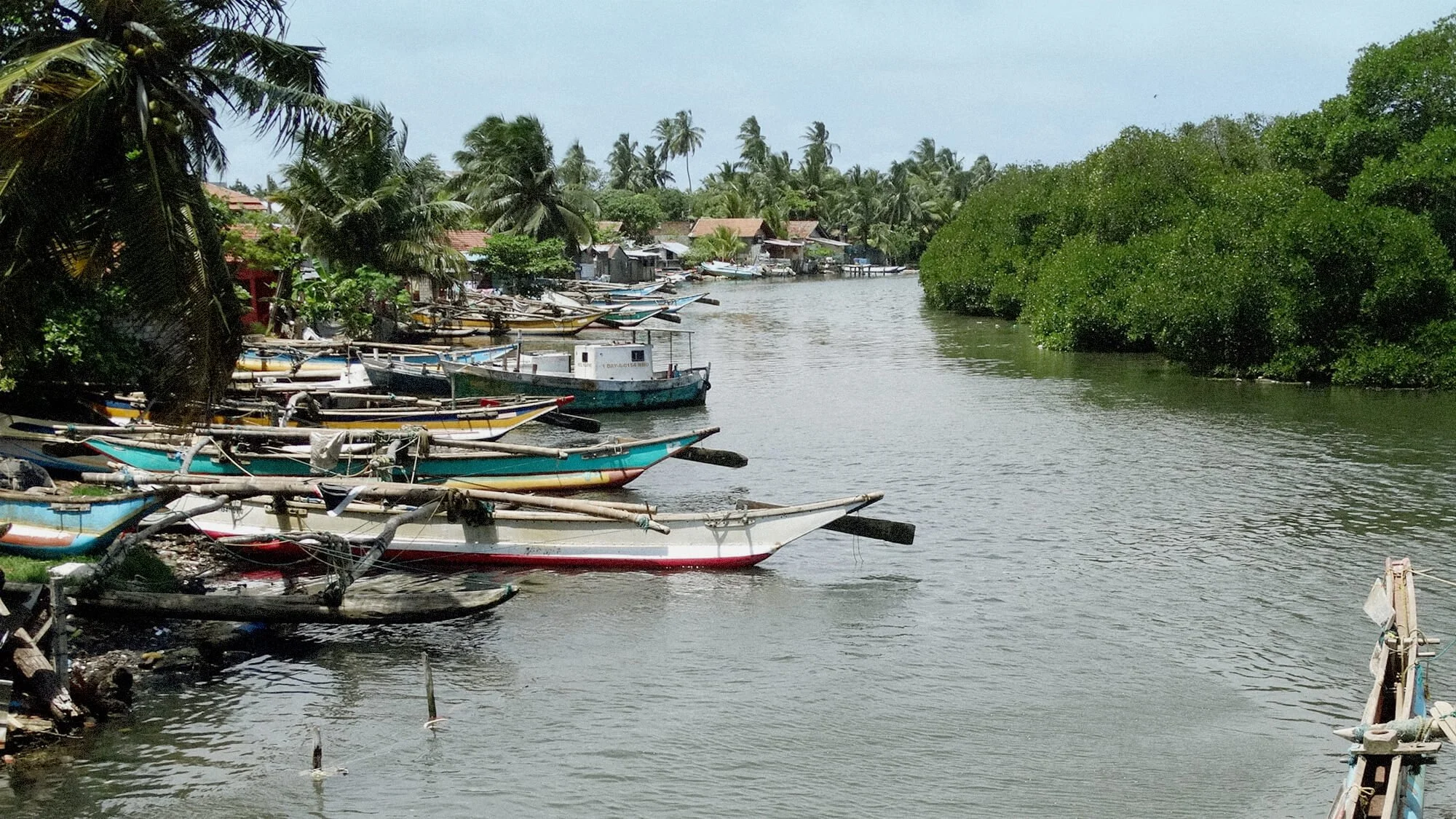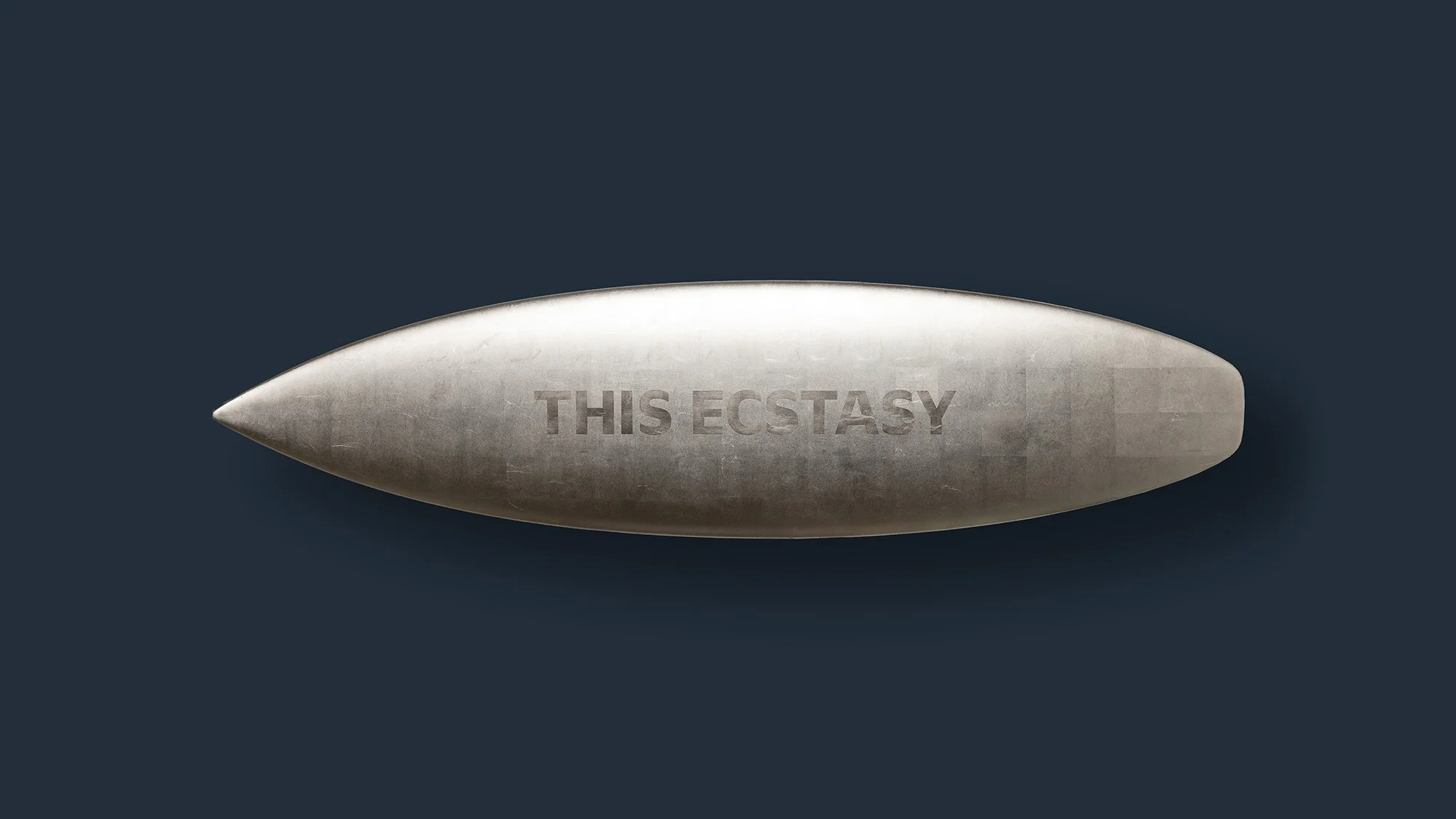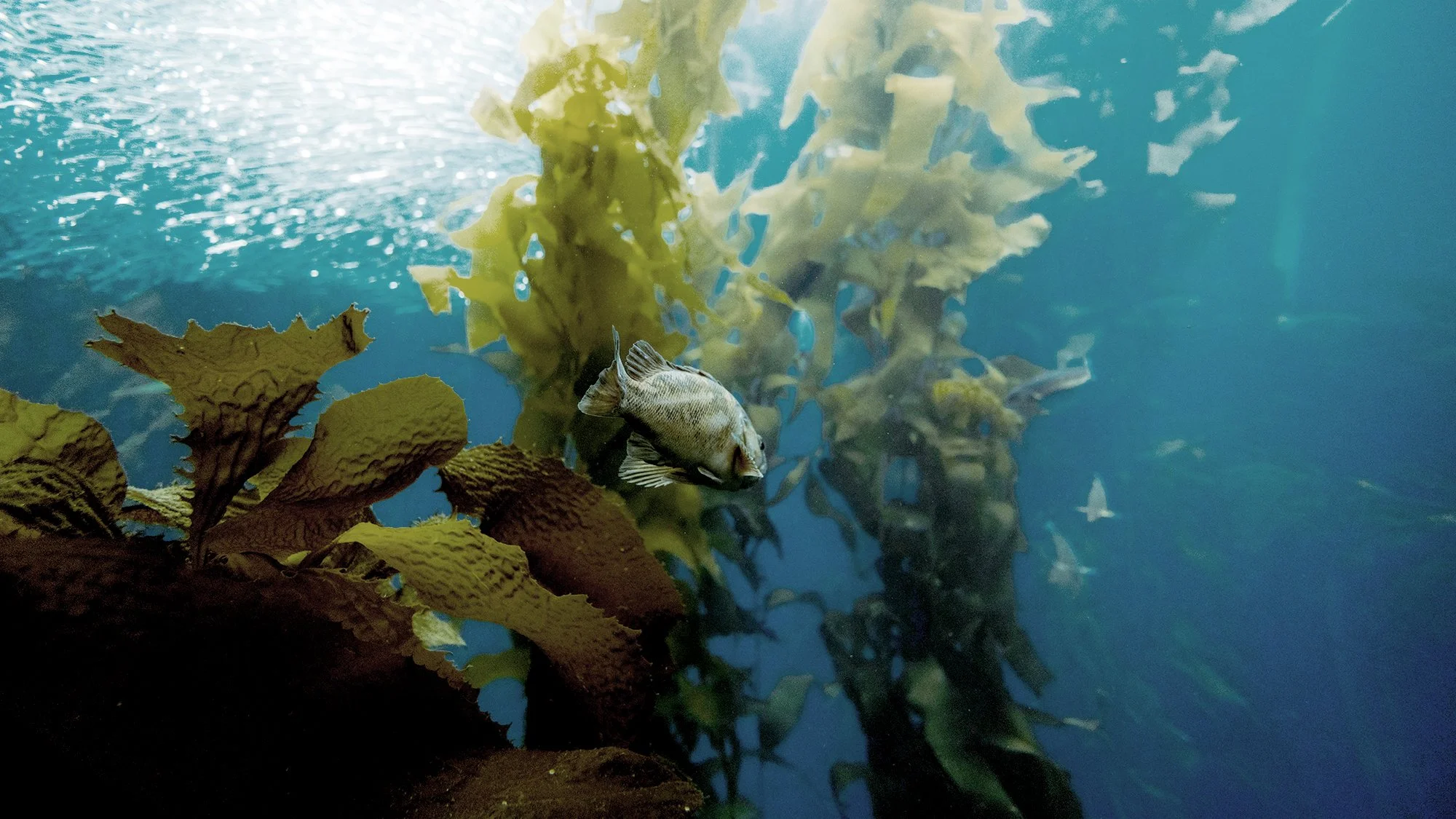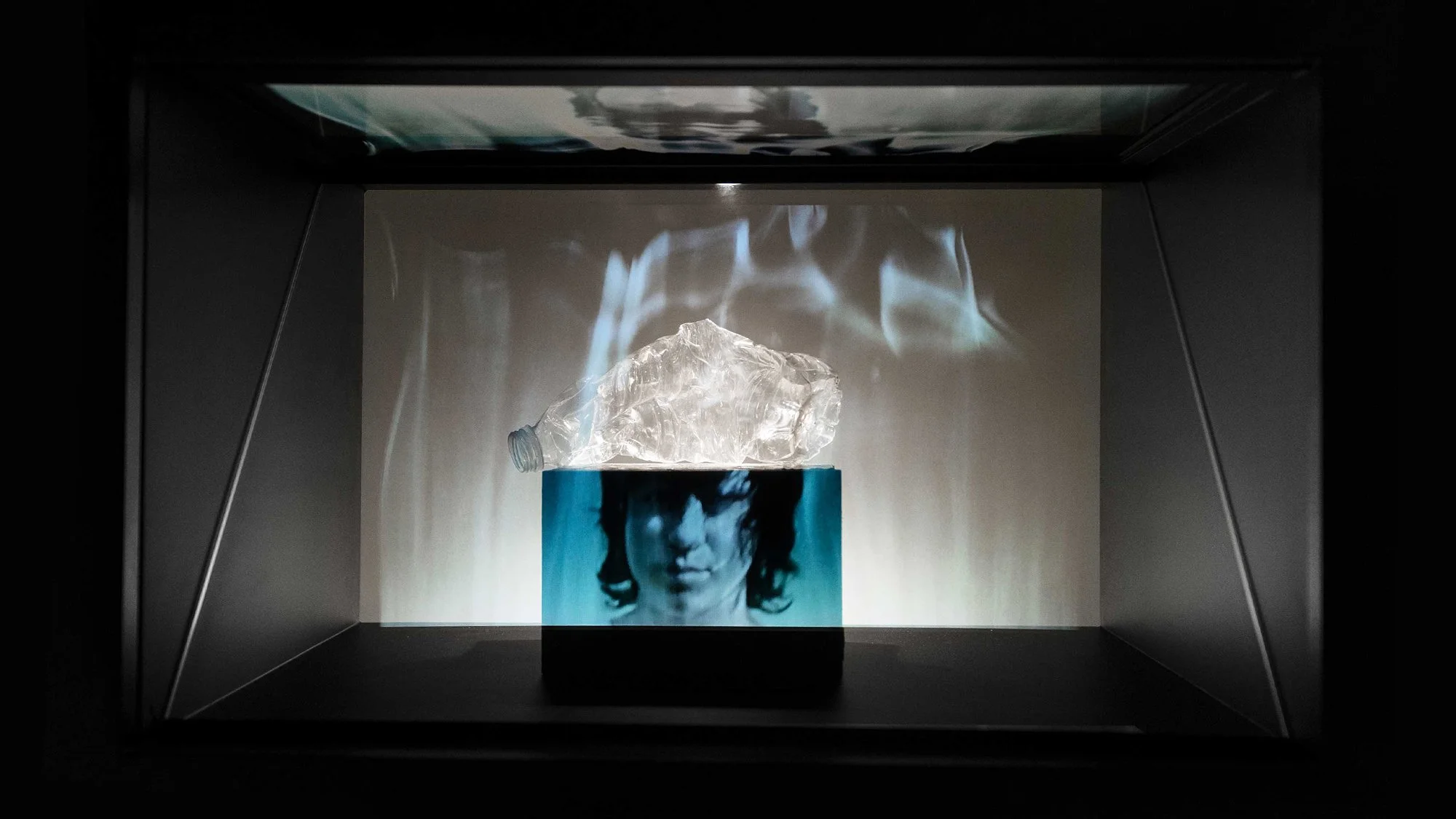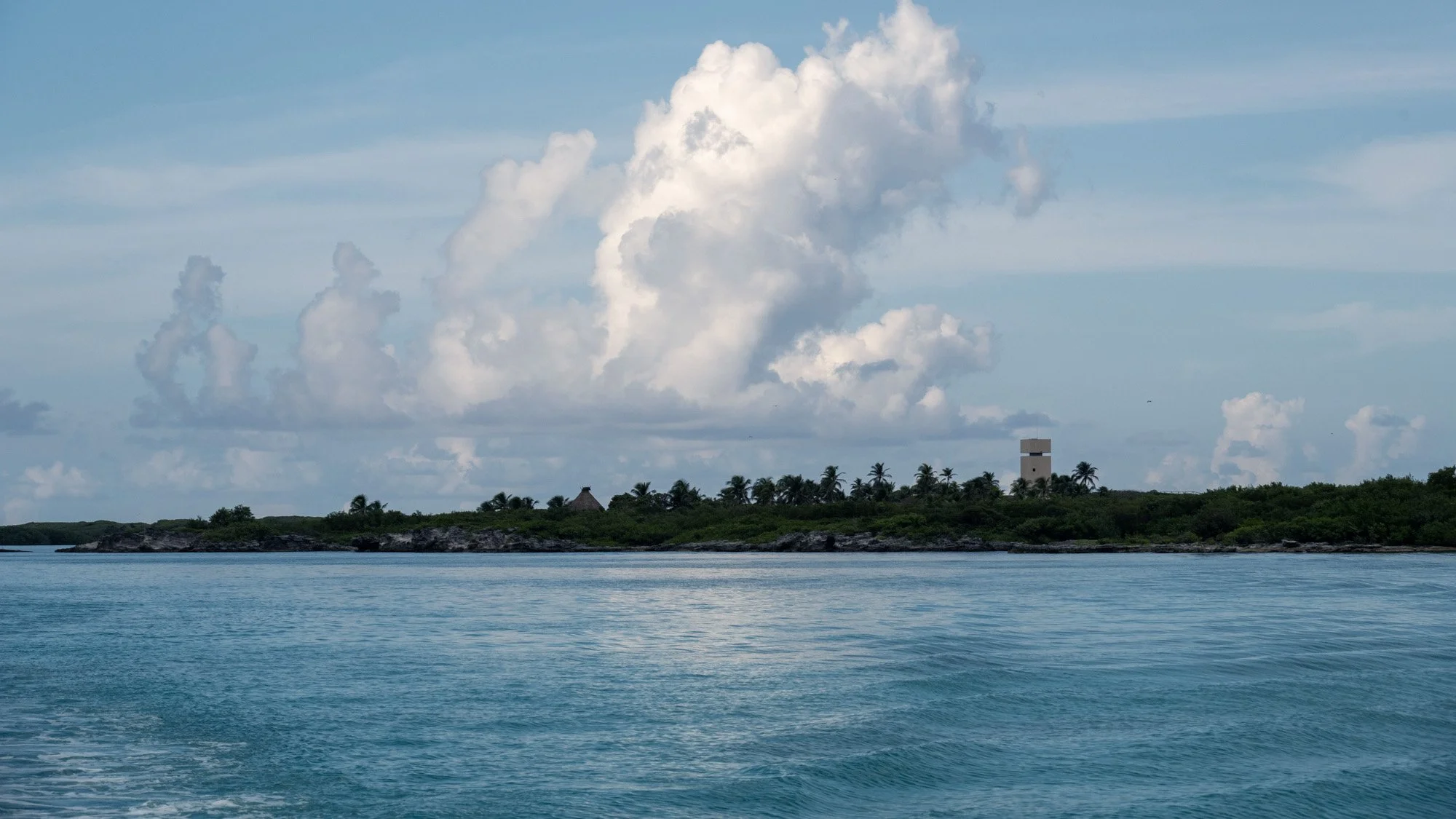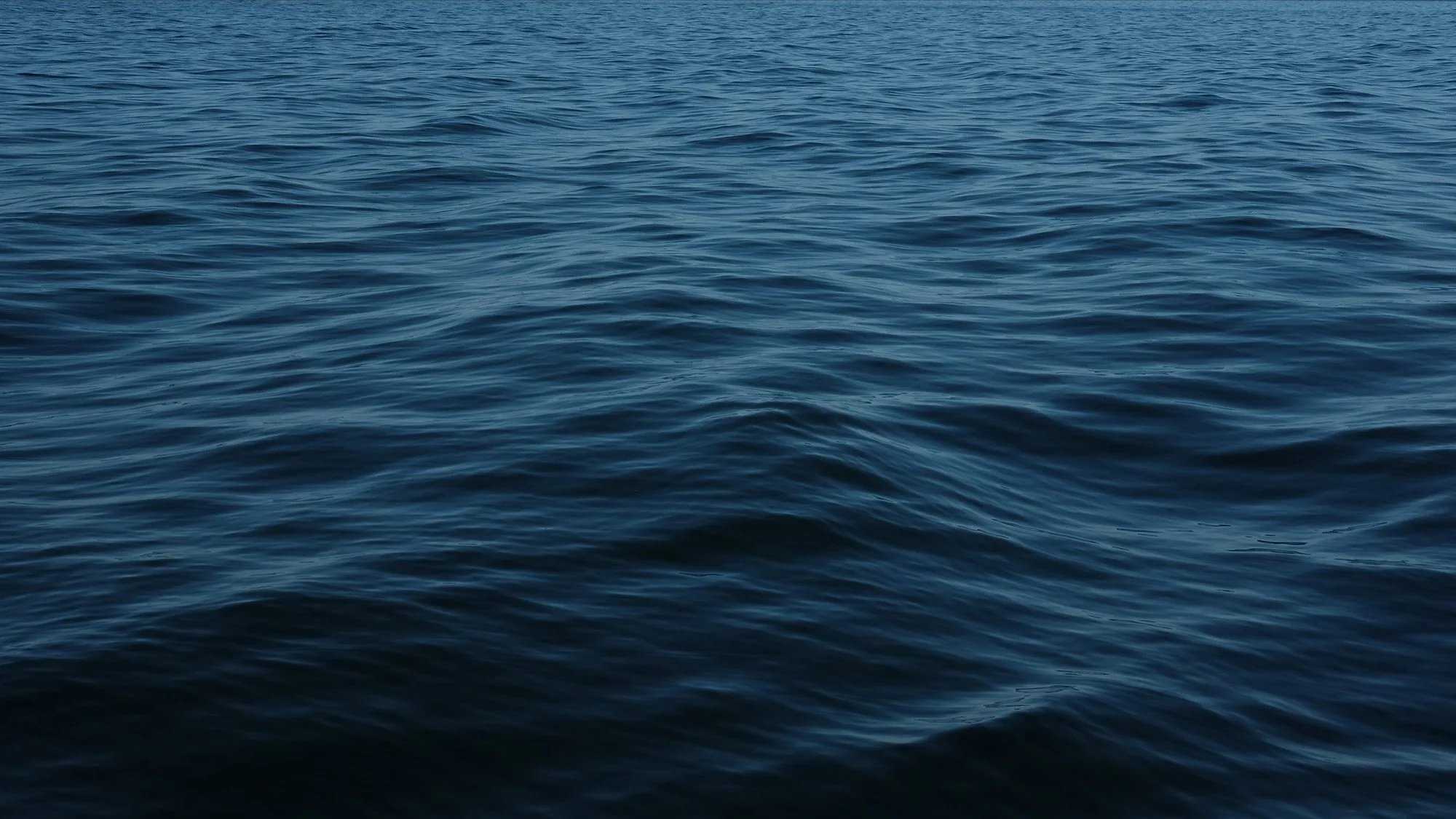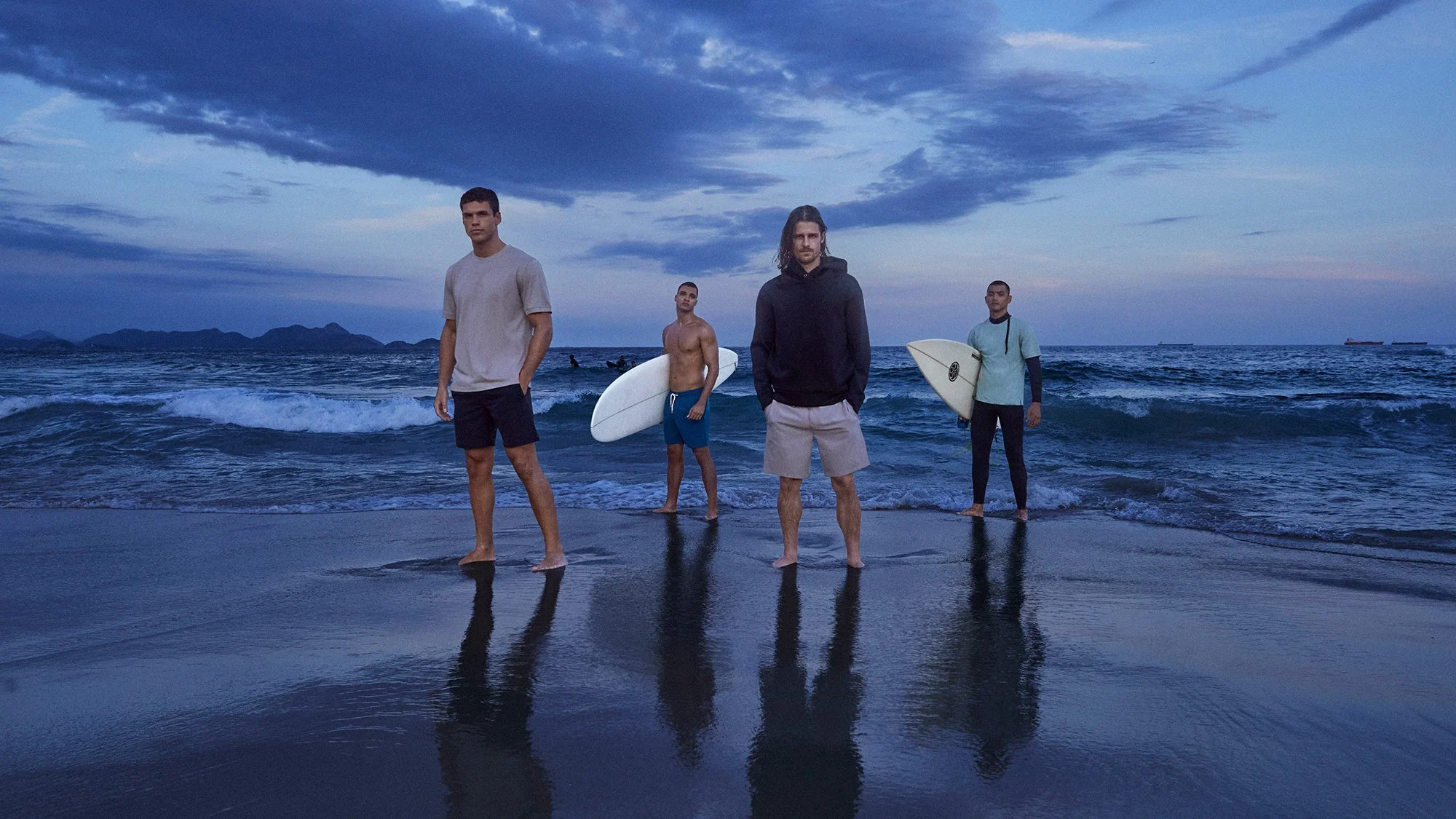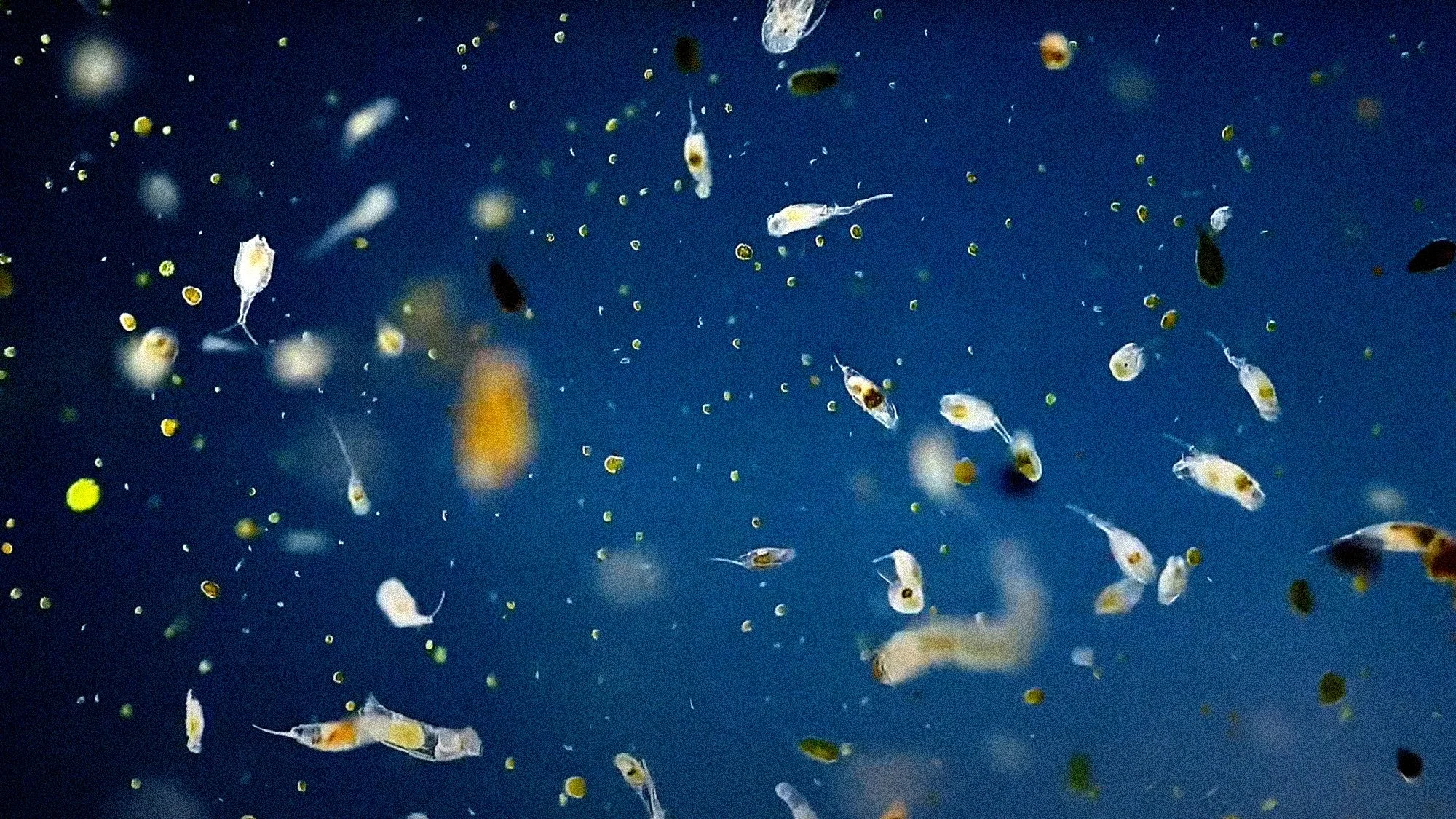"Down there, you magically encounter something that is absolutely marvelous and indefinable—incredibly familiar,
like an unbreakable bond or an archetype, yet at the same time as foreign as the surface of the moon."
Contemporary artist and photographer Francesca Rivetti has a deep-rooted, natural connection to the oceans; she grew up and lives in Italy, which has one of the longest continuous coastlines in Europe. But for as much as Italians love the sea, Francesca feels most people lack knowledge and direction in how best to protect it — a problem shared by communities the world over. In cooperation with a foundation for contemporary photography in Milan, she is currently organizing workshops on different water environments, and also working to develop an educational branch with a free diving school in Milan to bring more attention to the problem of plastic pollution in the oceans, and especially in the surrounding Mediterranean Sea.
As an artist, Francesca explores the oceanic culture through her works. In “Breath Keepers”, a series of freedivers appear both lost in the vastness of the sea and found in their personal peace within the solitude and silence. An active freediver herself, Francesca transports the underwater atmosphere in a very pure and authentic way. She aims to appeal with soothing aesthetics, while also directing focus to the vulnerability of the deep blue, demanding the viewer channel admiration into action. The artist has a deep awareness of the power of images to influence our thoughts — a tool she strives to apply in her commitment to the preservation of our oceans.
Words and photos by the artist:
The sea constitutes 70 percent of our planet and is mostly unexplored, but at least symbolically, it is where we originate. An immeasurable “depth”, complex to see and to handle, which spoke to me of contemporary man’s difficulty in exploring the depths of his own soul.
My photographs were taken underwater, freediving in different seas from a minimum depth of 15-20 meters. They portray freedivers, people who dive to reach the greatest of depths in the purest of manner, without using any breathing equipment or accessories such as flippers.
Left Image: Breath Keepers n°12011/2012; Right Image: Breath Keepers n°32011/2012
In some images, such as those that portray free falling, I intervened in an attempt to convey the idea that freediving requires you to move into a different dimension. Free fall, in the jargon of freediving, means the depth below which the human body becomes negative, when the pressure compresses the air in the lungs and Archimedes’ buoyant force becomes insufficient; you then go into a free fall, until you decide to reverse your direction and come back towards the surface.
Left Image: Breath Keepers n°4 2011/2012; Right Image: Breath Keepers n°182011/2012
Holding that breath which binds us to life and determines its rhythm makes it possible for us to merge with the environment, to experience a different space-time dimension by modifying our “terrestrial” perception of self, and by putting us unavoidably in profound and intimate contact with the deepest and innermost part of our souls.
Left Image: Breath Keepers n°22 2011/2012; Right Image: Breath Keepers n°0 2011/2012
One’s attitude towards diving into the underwater world is fundamental; you must rely both on the body’s change of condition, a reflection of the immersion and blood shift, and on the mindset which is essential to freediving. The underwater world is categorical. You dive head down, surrendering yourself to the water and calmly feeling its pressure, its cold, its rays of blue or darkness. In order to consume less oxygen and fall to greater depths, it is essential to relax wholeheartedly, to let yourself go — let yourself be won over and accept the fall, confiding mostly in immaterial sensations. It is like entering the zone that precedes sleep and dreaming, which is so real and reliable underwater, as reliable as what we call "reality" upon the surface. Down there, you magically encounter something that is absolutely marvelous and indefinable — incredibly familiar, like an unbreakable bond or an archetype, yet at the same time as foreign as the surface of the moon.
It seems important to manage the part of us that during the day and in life on the surface seems most fleeting. This is another one of the important qualities required for freediving, but we must be careful: we can lie to ourselves, but not to the water — not to the sea.
Interview by Lisa Damberg
View and learn more on Francesca's website
Follow the artist on Instagram
#fortheoceans

















